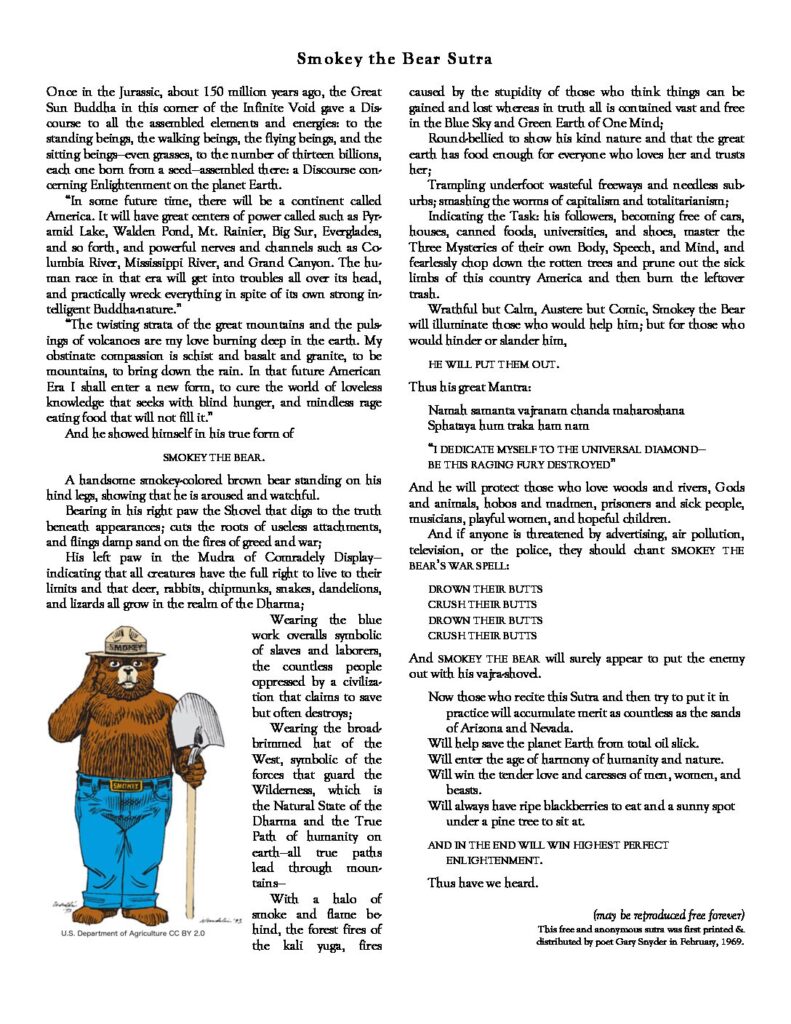You’ll find a quick summary of what we did in the ecological spirituality workshop today below the iNaturalist link.
My iNaturalist observations for July 10.
Introduction to iNaturalist.org
While we were waiting for everyone to arrive, I gave a quickie introduction to iNaturalist.org (for iPhone — for Android — or just set up your account on the website). The developers think of this as a kind of social media app for naturalists, but the data collected has also been used by scientists. A companion app called Seek (for iPhone — for Android) is great for use with kid’s programs, or for casual users. Please note: if you’d like to use iNaturalist (not Seek) with kid’s programs, I strongly recommend reading the iNaturalist Teacher’s Guide.
Nature name game
To learn names, we played a variation of the Animal Name Game. Instead of choosing just any animal, we each choose an organism (animal, plant, fungus, etc.) that was native to the ecosystem we’re in now. So we had Dan Dodder, Jill Jay, Jessica Juniper, Eric Elm, Esther Egret, Ben Birch, and so on.
Tree sensory immersion
Pick a tree. Lie down on the ground, with your head near the trunk of the tree, belly down. Imagine the root structure underneath the tree: how far down does it go, how wide is it, what other organisms live among the roots? (You can imagine the roots are like the basement of a skyscraper, if that helps.) Then turn on your back and look up into the branches. Go up level by level. (You can imagine this as going up in a elevator in a skyscraper.) What lives on each level?
After a quarter of an hour or so, we gathered together again. Those who wished to could say what they saw, heard, smelled, tasted, felt.
Introductory lecturette
What do we mean by “spirituality”? Here’s one definition: spirituality is a way to address the big questions of life. These questions might include:
• What ought I do?
• What’s the purpose of my life?
• What kind of being am I?
• What is the source and nature of goodness?
• What is the source and nature of suffering and evil?
• How do I know what is true?
• Does my life have any meaning?
• Where does meaning come from?
Many people believe these questions should either be addressed by science. But these questions are answered by individuals. Science by its very nature cannot address questions of what you as an individual should do (that’s not a reproducible result). That’s why we need spirituality, to help us address these big questions.
In this workshop, we’ll explore spirituality, that is, we’re going to meditate on life’s big questions. Our meditation will be less about talking, and more about doing. And we’re going to explore spirituality beyond just humankind to include the non-human world as well.
We are in the middle of an ecological crisis. Or, more precisely, we’re in the middle of several ecological crises. Dr. Stuart Weiss, a Stanford-trained biologist who now works in environmental remediation, identifies five major threats to earth’s life supporting systems:
1. Global climate change
2. Land use change (including deforestation and habitat destruction)
3. Invasive organisms
4. Toxication (including chemical pollution, solids like plastics, etc.)
5. Overpopulation
These threats to earth’s life supporting systems result in a phenomenon sometimes called “eco-grief.” Eco-grief makes many of life’s big questions even more urgent, plus eco-grief can be so overwhelming that we shut down and don’t do anything. So one major purpose of ecological spirituality is making sure we don’t shut down due to eco-grief.
Two last important points. First, I believe spirituality always happens in community. Second, even though I’ve spent the last several minutes talking at you, from what I’ve seen, most people experience spirituality through doing, not through talking.
Ecojustice elder
Today’s Ecojustice Elder was Henry Thoreau.
Reading
Today’s reading was Smokey the Bear Sutra by Gary Snyder.

